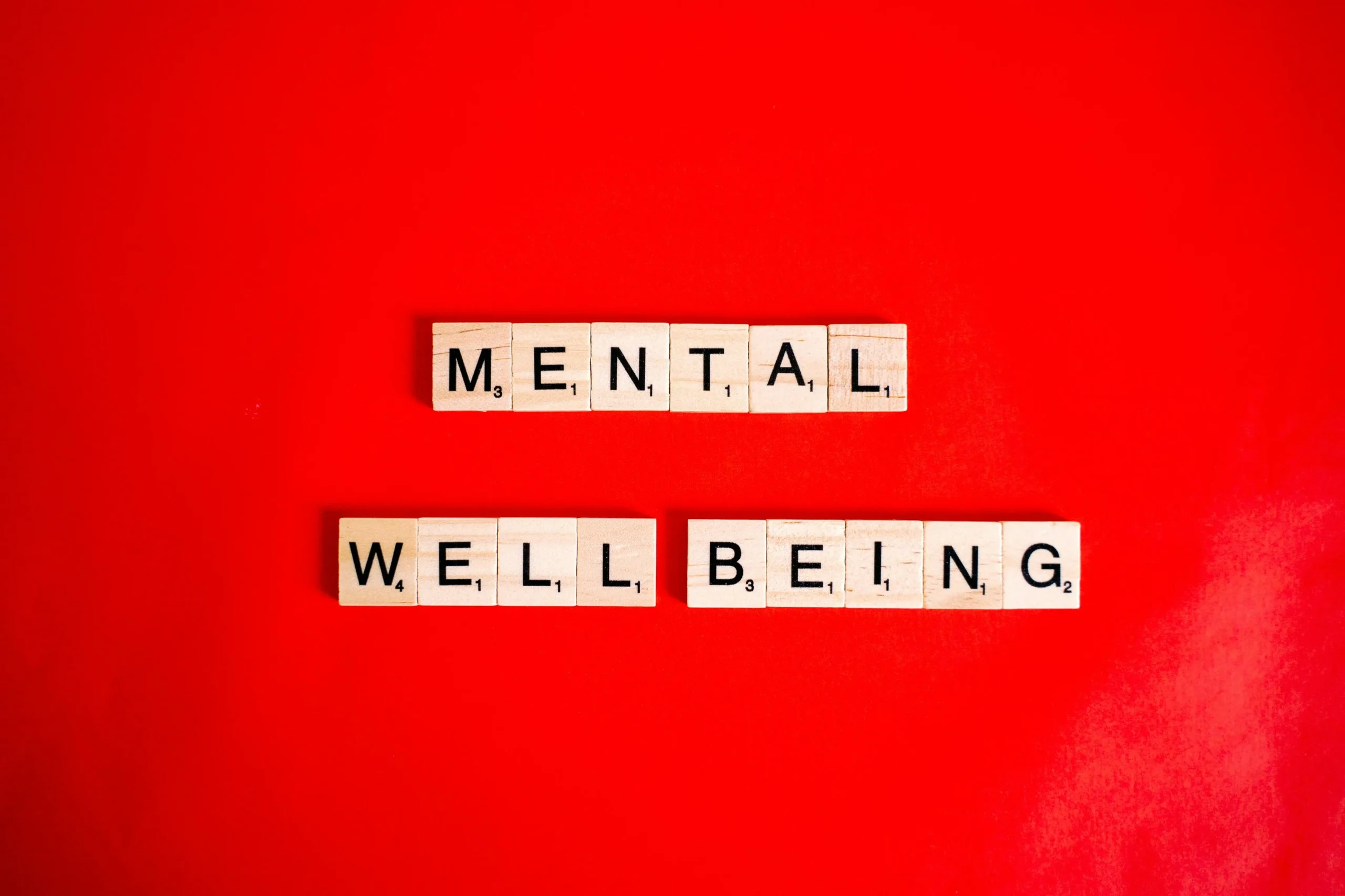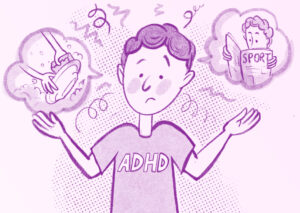In an increasingly complex world filled with rapid technological advancements, societal shifts, and personal pressures, conversations around mental health have become more vital than ever. While physical health has long been a public priority, mental health has often remained in the shadows—misunderstood, stigmatized, or simply ignored. But the tides are changing, and understanding mental health is no longer optional; it’s essential for individual and collective well-being.
In this in-depth article, we explore what mental health truly means, why it matters, how it impacts every facet of life, and what we can do to foster it—for ourselves and those around us.
Table of Contents
ToggleWhat Is Mental Health?
Mental health refers to our emotional, psychological, and social well-being. It influences how we think, feel, and behave in everyday life. It also affects how we handle stress, relate to others, and make decisions. Mental health isn’t just about the absence of mental disorders—it’s a dynamic state of wellness.
A person with good mental health is not necessarily someone who is always happy or free of conflict or sadness. Instead, they are capable of coping with life’s ups and downs, building healthy relationships, and managing emotions effectively.
According to the World Health Organization (WHO), mental health is “a state of well-being in which every individual realizes his or her own potential, can cope with the normal stresses of life, can work productively and fruitfully, and is able to contribute to their community.”
Why Mental Health Matters
Mental health affects every area of our lives. From the way we interact with others to how we perform at work or school, mental health is at the core of our functionality and fulfillment. Here’s why it matters:
1. It Impacts Physical Health
Mental and physical health are deeply connected. Chronic stress, anxiety, and depression can lead to physical issues such as heart disease, weakened immunity, digestive problems, and sleep disorders. Conversely, mental well-being can enhance resilience, reduce pain perception, and promote healing.
2. It Influences Behavior and Decisions
Your mental state shapes your perception of the world. When your mental health is poor, even simple tasks can feel overwhelming, leading to procrastination, avoidance, or poor decision-making. Good mental health supports clarity, focus, and the ability to evaluate situations objectively.
3. It Affects Relationships
Unresolved emotional distress can result in conflicts, communication problems, and withdrawal from social life. On the other hand, individuals who take care of their mental health tend to maintain more stable and meaningful relationships—with partners, family, friends, and colleagues.
4. It Supports Productivity and Success
Mental health is crucial for goal setting, motivation, creativity, and resilience. In professional settings, employees with strong mental well-being are more likely to be engaged, innovative, and collaborative. For students, good mental health enhances learning and academic performance.
5. It Fosters Emotional Resilience
Resilience is the ability to bounce back from adversity. Mentally healthy individuals are better equipped to manage grief, loss, rejection, and trauma. They don’t avoid hardship but face it with strength, adaptability, and hope.
Mental Health vs. Mental Illness
One of the biggest misconceptions is that mental health and mental illness are the same. They are related but different.
- Mental health is a continuum. Everyone has mental health that can vary day by day or throughout life depending on experiences, stressors, and habits.
- Mental illness refers to specific, diagnosable disorders that significantly interfere with daily functioning—such as depression, anxiety disorders, bipolar disorder, or schizophrenia.
It’s possible to have poor mental health without a diagnosed illness, just as it’s possible to live with a mental illness and maintain good mental well-being through support and management.
Common Factors That Affect Mental Health
Mental health is shaped by a wide range of factors—biological, psychological, and social. Here are some common influencers:
● Genetics and Brain Chemistry
Mental health disorders often run in families. Neurochemical imbalances in the brain, such as low serotonin or dopamine levels, can contribute to mood disorders.
● Life Experiences
Trauma, abuse, neglect, grief, or ongoing stress can have lasting psychological effects. Adverse childhood experiences (ACEs) are particularly powerful in shaping adult mental health.
● Lifestyle Choices
Poor sleep, lack of exercise, substance abuse, unhealthy eating, and social isolation all contribute to declining mental health.
● Environment
Toxic relationships, workplace stress, financial insecurity, or unsafe living conditions can increase emotional strain.
● Social Support
A strong network of friends, family, or community can buffer stress and promote resilience, while loneliness can be a significant risk factor for depression.
Signs of Poor Mental Health
Recognizing the signs of mental distress is key to early intervention. Some common indicators include:
- Persistent sadness or hopelessness
- Excessive worry or fear
- Withdrawal from social activities
- Changes in appetite or sleep patterns
- Mood swings or irritability
- Difficulty concentrating or making decisions
- Substance dependence
- Feelings of worthlessness or guilt
- Suicidal thoughts or behaviors
These signs vary in severity and duration but should not be ignored—especially if they interfere with daily life.
How to Take Care of Your Mental Health
Caring for your mental well-being doesn’t require drastic changes. Small, consistent steps can make a profound difference. Here’s how:
● Talk About Your Feelings
Expressing emotions, whether through conversation, journaling, or creative outlets, helps release internal pressure and gain perspective.
● Stay Active
Exercise releases endorphins—natural mood boosters. Even a brisk walk or short workout can reduce anxiety and depression symptoms.
● Eat Well
Nutrition impacts brain health. A balanced diet rich in omega-3s, fiber, and vitamins can support mental clarity and stability.
● Sleep Enough
Quality sleep rejuvenates the brain. Lack of rest can worsen irritability, memory loss, and stress.
● Practice Mindfulness and Relaxation
Meditation, deep breathing, and yoga help calm the nervous system and improve emotional regulation.
● Set Boundaries
Say no when needed. Protect your energy from toxic environments or overcommitment.
● Seek Help When Needed
There’s no shame in asking for support. Psychologists, counselors, and support groups provide tools and guidance for healing and growth.
The Role of Therapy in Mental Health
Therapy isn’t just for crisis—it’s a proactive tool for self-discovery, emotional management, and relationship improvement. Whether through Cognitive Behavioral Therapy (CBT), psychodynamic therapy, mindfulness-based approaches, or solution-focused therapy, working with a psychologist can help people understand patterns, process trauma, and develop coping mechanisms.
Therapy provides a safe, confidential space to explore emotions without fear of judgment. It’s a sign of strength, not weakness, to take charge of your mental well-being.
Breaking the Stigma
Unfortunately, mental health still carries stigma in many cultures. Myths like “mental illness is a choice,” “therapy is for the weak,” or “only crazy people see psychologists” prevent people from seeking help.
We must challenge these misconceptions. Talking openly about mental health in homes, schools, and workplaces encourages acceptance and access to care. Language matters—use words that validate rather than shame.
The more we normalize mental health discussions, the more lives we can save and improve.

Mental Health in the Digital Age
Modern technology has created both challenges and opportunities for mental health.
The Downside:
- Social media can fuel comparison, FOMO, and low self-esteem.
- Overexposure to news and digital stimulation increases stress and sleep disruption.
The Upside:
- Online therapy platforms make mental health services more accessible.
- Apps for mindfulness, mood tracking, and guided meditation offer daily support.
- Digital communities help reduce isolation and connect individuals with similar experiences.
Balance is key—use technology mindfully, set screen time boundaries, and curate your online experience for positivity.
How Arpan Sarma Can Help
Arpan Sarma is a trusted name for individuals searching for a therapist near me in Kolkata. With a compassionate approach and years of experience, he provides personalized therapy sessions tailored to your unique needs.
Services Offered by Arpan Sarma:
- One-on-one therapy for anxiety, depression, and other mental health issues
- Couples counseling to improve relationships
- Stress management and mindfulness techniques
- Guidance on overcoming trauma and building resilience
As the Best Psychologist in Kolkata, Arpan ensures that each client feels heard, understood, and supported in their journey toward mental wellness.
Why It’s Time to Prioritize Mental Health
Investing in mental health is not only compassionate—it’s economically smart. According to the WHO, for every $1 invested in mental health care, there is a $4 return in improved health and productivity.
On a personal level, nurturing mental health leads to better relationships, more fulfilling careers, and overall life satisfaction. On a societal level, it fosters more empathetic, innovative, and resilient communities.
Conclusion: A Call to Action
Understanding mental health is no longer a luxury—it is a necessity. It’s time we move beyond outdated taboos and treat mental wellness as an essential part of life.
Start the conversation. Check in with yourself and others. Listen without judgment. Educate yourself and advocate for accessible mental health resources.
Whether you’re someone who struggles with anxiety, a parent watching your child go through emotional changes, or a leader wanting to support your team better—prioritize mental health.
Because when we care for the mind, we care for the whole person—and ultimately, for the whole world.







